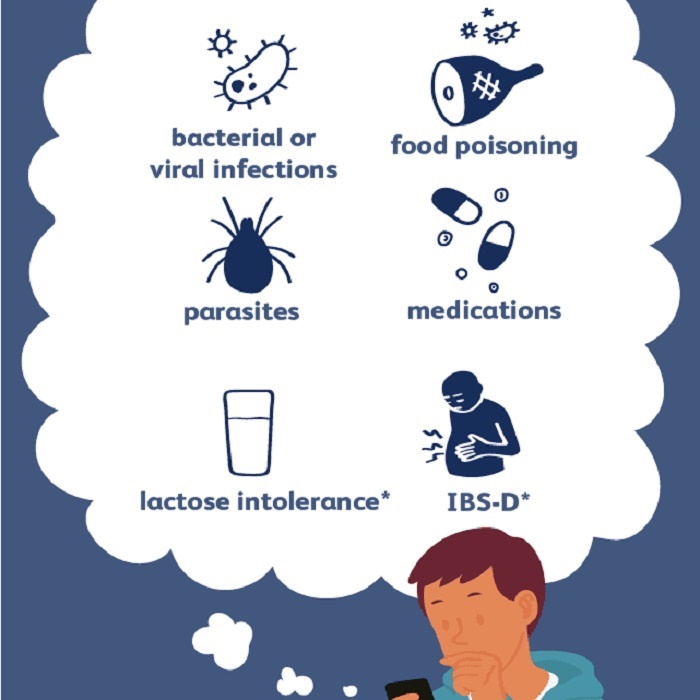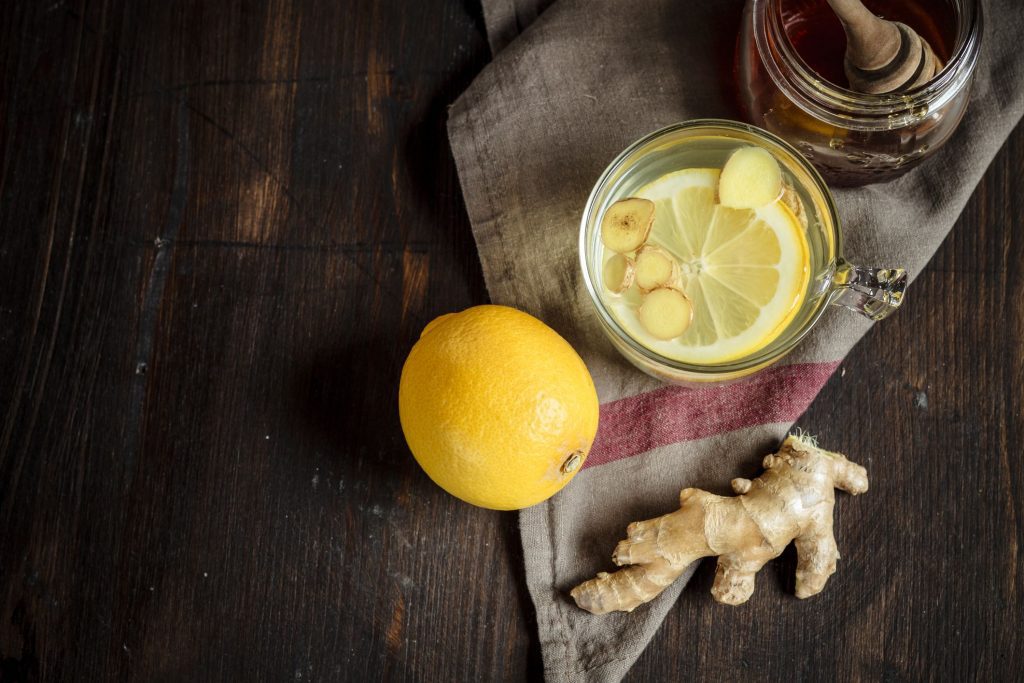
Digestive issues and stomach pains can be forestalled, alleviated, and surprisingly ousted by simple lifestyle and Eating Habits changes. Stomach pain can go from a dull ache to a sharp twinge. It can make you feel sickened, swelled, or complete. You may have gas or diarrhea, or you may be constipated. It can trouble you for a short time or hours.
With so many sorts of stomach pain, it's nothing surprising that various things can cause it. Some are out of your control as if you have an infected appendix. But you can change a couple of Eating Habits to make different sorts less inclined to occur.
What is Stomach Pain?
Stomach pain alludes to cramps, a dull hurt, or a sharp, burning, or twisting pain in the abdominal. Stomach pain is also called the belly, abdominal, gut, or tummy ache.
The abdomen holds significant organs like the stomach, small and large bowel, appendix, gall bladder, spleen, kidneys, and pancreas. The body's most central artery and biggest vein likewise sit in the stomach.
Stomach pain can be intense; however, most belly torment is caused by a minor bombshell or stomach ‘bug' and doesn't keep going long. Little stomach pain is highly regular, and individuals might encounter stomach hurts or cramps every few months or so. You can generally treat stomach pain yourself, and it will disappear in a couple of days.
What Causes an Upset Stomach?

Various things can cause pain or inconvenience in the stomach. Specific purposes are more extreme than others, and the treatment for stomach pain fluctuates appropriately. Gas or bulging after a meal can be managed at home. However, drinking contaminated water while traveling requires care from a clinical expert. Chronic health problems that cause stomach pain should be addressed long-term with the assistance of a medical care proficient & by knowing The Importance of Regular Eating.
Common Causes of Stomach Pain Include
- Oily or Fatty Foods
- Aggravation
- Tension
- Food Contamination
- Stomach Flu
- Liquor and Caffeine
- Gas
- Infections
- Prejudice to Foods
- Hypersensitive Reactions
- Parasites like Giardia and Cryptosporidium
- Microscopic organisms like Salmonella or E. coli.
- Constant Conditions like Irritable Bowel Syndrome and Crohn's Disease
Top Ways to Prevent Stomach Pain
Regardless of whether your stomach pain is analyzed as non-ulcer dyspepsia or because of a more explicit reason, simplifying some Eating Habits changes and a Diet for Nourishing the Stomach can bring down your risk of encountering stomach pain symptoms.
Slow Down
If you generally take large bites and eat without biting well, you can swallow air, which adds gas to your stomach and prompts stomach pain. Take time to chew gradually and swallow without hurrying. This additionally gives your mind time to acknowledge you're full before you overeat.
Eat Anti-Inflammatory Foods
Eating food varieties that have anti-inflammatory properties can reduce stomach pain. These food varieties incorporate blueberries, squash, cherries, capsicum, tomatoes, cold-water fish high in omega-3 unsaturated fats, beans, green leafy vegetables, and almonds. These food sources likewise further develop in general body wellbeing. It's encouraged to fuse these food varieties in the eating regimen consistently rather than simply during the periods. Sweet food, fatty and fried food varieties, white bread or pasta, liquor, caffeine, and tobacco can increase cramps.
Exercise Regularly
Getting sufficient physical exercise can help with forestalling constipation and reinforce your abs, which might help with forestalling stressing.

Consolidate Probiotics — and Prebiotics — Into Your Diet
Probiotics are similar sort of healthy bacteria, and yeasts are typically present in your gastrointestinal system. “They help with keeping the body healthy by battling the impacts of a poor diet, anti-microbials, and stress. And, probiotics can upgrade supplement ingestion, may help break with bringing down lactose, reinforce your immune system, and perhaps even assist with treating IBS. I suggest people eating A Diet for Nourishing the Stomach, like low-fat yogurt or kefir, daily.
Stay Hydrated
Intaking a lot of water is helpful for your stomach-related wellbeing, as per dieticians. Fiber maneuvers water into the colon to create softer, bulkier stools and permits them to go through more without any problem.
Drink Alcohol in Moderation
Inordinate measures of liquor might debilitate your stomach's defensive coating, making you more vulnerable to ulcers.
Stop Smoking
Smoking expands the creation of stomach corrosive, slows back mending, and builds your danger of getting stomach malignancy.
Better Manage Your Stress
High pressure expands the creation of gastric juices in your stomach. Exercise consistently and embrace unwinding exercises like yoga to hold your stress in check.

Herbs to Reduce Cramps
Chamomile tea, turmeric root, peppermint, fennel, cinnamon, ginger, and dill are a few spices that have mitigating impacts and can diminish cramps. Tasting two cups of tea containing these spices each day can assist with reducing stomach pain. A little piece of ginger, as well as turmeric root, might be added to boiling water or homegrown teas, making it a compelling cramp-calming drink.
When to Call the Doctor
Look for medical help as soon as possible if your tummy pain is severe, you're pregnant, or you likewise have:
- Several days of queasiness or not having the option to hold food down
- Breathing issues
- Blood in your poop or vomit
- Delicacy in the tummy
- A new stomach injury
- A few days of pain
These side effects might recommend a disease, dying, or aggravation that needs clinical support immediately.
